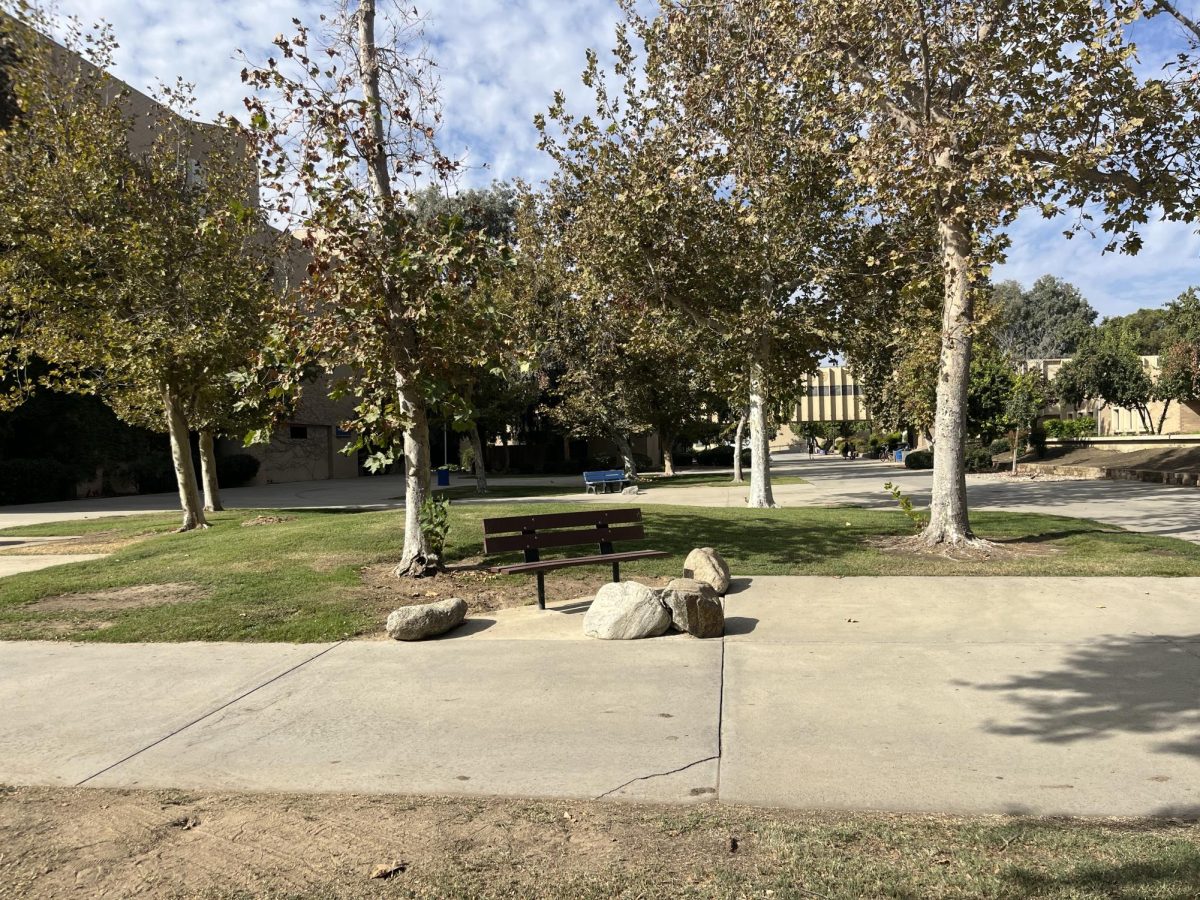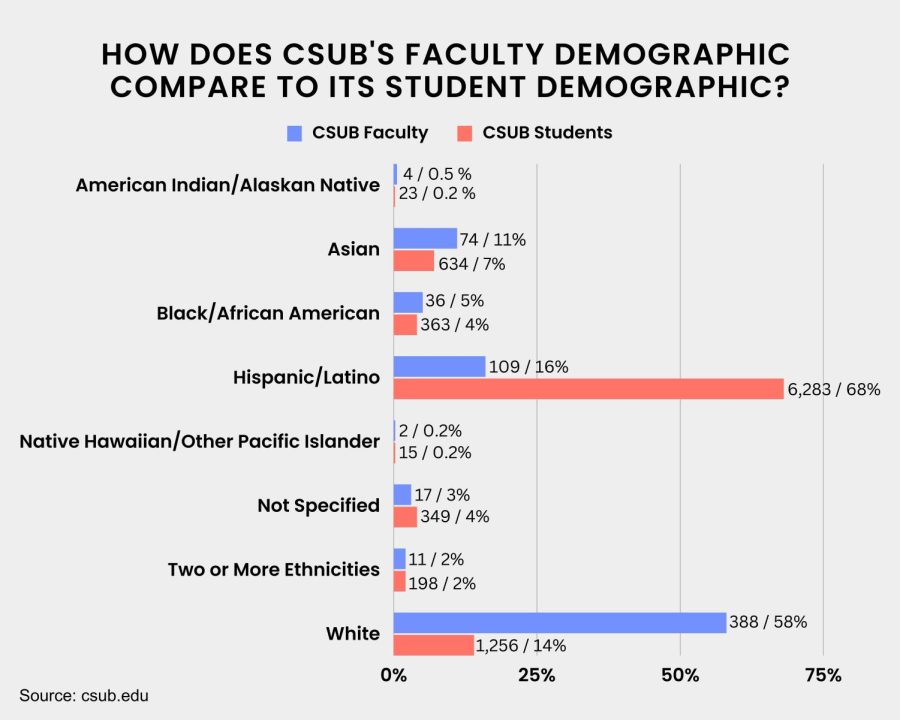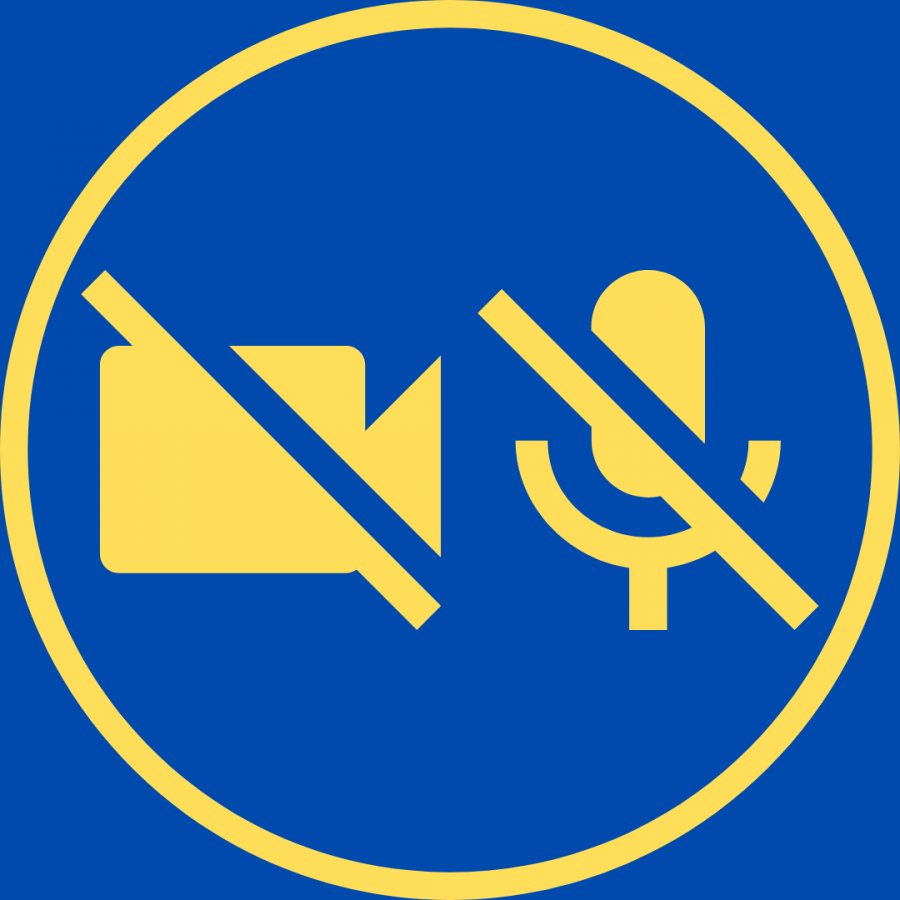By The Runner Staff
When Student Housing East was constructed alongside Parking Lot L in 2015, some may have noticed the 8 parking slots designated for ‘Clean Air Vehicles’, but what they might not have known was that those were the first of many to come.
“They call it the ‘Cal Green Code’, which is like building codes, that for any new parking lots that you build, a certain percentage of those have to be designated as clean air vehicle slots,” said Chief Martin Williamson of the CSU Bakersfield University Police Department.
“Some of it leads up to charging stations and stuff, but in our case, Lot L, the one constructed when Student Housing East was built, was the first parking lot affected by that.”
Now, nearly three years after that lot opened, there are 45 clean air vehicle spaces on the north side of the campus. There are 21 spaces in Lot A and 16 in Lot K3, in addition to the eight in lot L. And as our campus continues to grow, we can expect to see more of clean air vehicle slots.
“We don’t have to retrofit, but anything we build from this point forward has to have clean air vehicle slots.”
This has serious implications for our campus. The most recent version of the Cal Green Code (2016) calls for at least 8 percent of all parking spaces being built to be designated as clean air vehicle slots.
According to Williamson, in order to park in those spaces, you must first apply for a clean air vehicle permit, in addition to purchasing your CSUB parking permit.
“For us to be able to enforce the law, you just go over to cashiering and there is a half-page registration form. You look up on the state website, and they have a list of what they determine as clean air vehicles, and if your vehicle is on that list, we give you a tag.”
According to accounting technician Karla Moreno, only three people have applied for and received clean air vehicle permits so far this semester. The total number of active permits that are currently registered with the cashier’s office is “less than 20”.
“[The spaces] are not overly used. I don’t know if it’s because a majority of our population doesn’t drive clean air vehicles, but, I just drove around today to check out parking again, and most of the clean air vehicle slots are being used by non-clean air vehicles,” said Williamson.
Freshman Ralph Mendoza, a computer and information science major, was parking his Chevy Volt into a clean air space in Lot A on Monday morning when the Runner caught up with him. Despite having a vehicle that was possibly eligible for a permit, Mendoza had no idea he had to apply to park there.
“I think it’s a good idea, however, I think its misinterpreted. Not many people know whether their car qualifies or how to park there,” said Mendoza. “I might actually try and apply.”
Freshman Andrew Vasquez, a criminal justice major, doesn’t drive a qualifying vehicle, but still thinks the slots are a good idea.
“I don’t mind it, it’s not a big deal to me. I don’t get here early enough anyway and they’re always taken up”, said Vasquez. “It’s always random, they’re not always clean cars.”
The reality of being a college student means that being able to purchase a clean air vehicle will always come second to buying books or paying tuition. Most students will not be able to get one by the time they graduate if they don’t have one already. That means the slots will continue to either be misused, or not used at all.
The stated intent of the Cal Green Code is to “enhance the appeal of driving clean air vehicles, in an effort to reduce greenhouse gas emissions.” Not only does this regulation fail to achieve its stated intent, but it complicates an already difficult parking system.
Even if it did work as intended, the majority of people who would benefit from the program are faculty, staff, and wealthy students. Most college students just can’t afford these vehicles.
The state is attempting to do something positive by creating an incentive to drive a clean air vehicle. But incentives are designed to influence one’s economic choices and most students on this campus just don’t have the choice to go buy a Prius tomorrow.
Eventually, clean air vehicles will become a standard in the state and that’s a good thing. But until that day comes, a university is not a place where people should be incentivized in this way. The policies of our campus should reflect the realties lived by our students.
And if you’re thinking about parking your unapproved vehicle in that clean air slot tomorrow, you might want to think again. “We’re warning them right now, and at some point, I’m just guessing [this] week, we’re going to have to start writing citations, because we have to enforce it” said Williamson. “It’s the law.”









